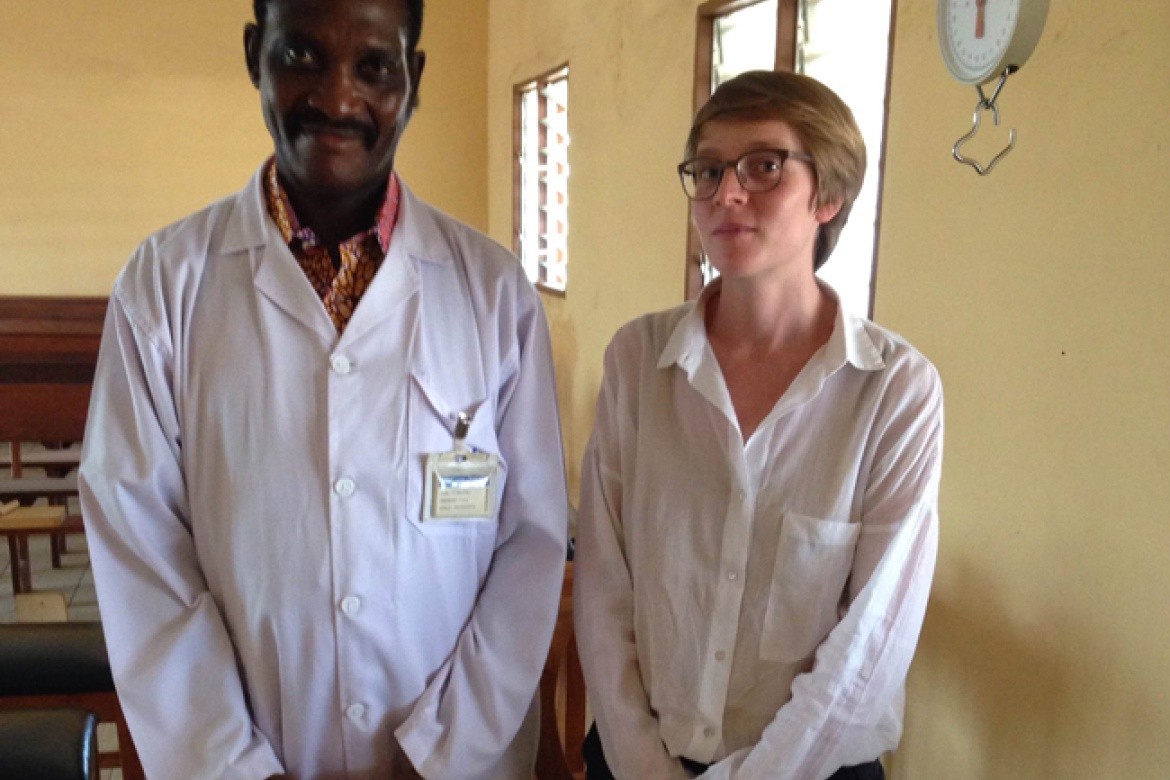Anthropology, Both In and Beyond the Field

"Distinguishing between what people say and why, what is really going on, and the significance of the difference between the two is crucial."
Major: Anthropology with an African Studies minor and a Five College Certificate in Culture, Health, and Science
Internships: MUCHS-UCSF
Advanced Degrees: Masters in Anthropology, Masters in International Development
Employer: Health Department at Expertise France
Studying anthropology taught me how to ask the right questions and how to take a few steps back to understand the bigger picture. It’s taught me to thrive in different cultures and learn from the differences around me.
I found a love for field research through my classes and internships at Mount Holyoke; I wanted to use these methods and apply the broader perspective I gained to apply to the international development and public health fields.
I chose to alternate between “practical” work in NGOs and research. After graduating, I worked for NGOs in Kenya and Mauritania. Distinguishing between what people say (and why), the reality of what is really going on, and the significance of the difference between the two is crucial in development work because your job is to try to understand the root problems people are facing and to propose smart, long-lasting solutions. To assess the economic difficulties in a Mauritanian village, for example, I knew I couldn’t just come in, meet the village chief, visit the rice fields and leave.
Anthropology also taught me how to pick up on the work culture in the different countries where I have worked. It made a year spent at a rural project office with just me and my 20 Mauritanian colleagues enjoyable and eye-opening (most of the time).
To take a few steps back from the NGO world, I went to graduate school to get a Masters in Anthropology in France, getting me back into field research through projects on land tenure in West Africa. I also got a Masters in International Development.
During my studies and after having a child, I put my cultural-broker skills to use, creating a small business translating texts from French to English for NGOs and for social scientists. I’ve now been living in France, for nearly five years, which is something I would never have predicted! I work for a French cooperation agency on public health projects in Mali, Togo and Kenya. I’m slowly warming up to starting an applied PhD in Anthropology.
Though living as a foreigner can sometimes be exhausting, I have become pretty good at picking up on cultural subtleties and integrating into a group. Marrying a French man, becoming a part of his family, making friends, and becoming a mother in a foreign country is kind of like an endless participant-observation study. I think that’s why I love it.